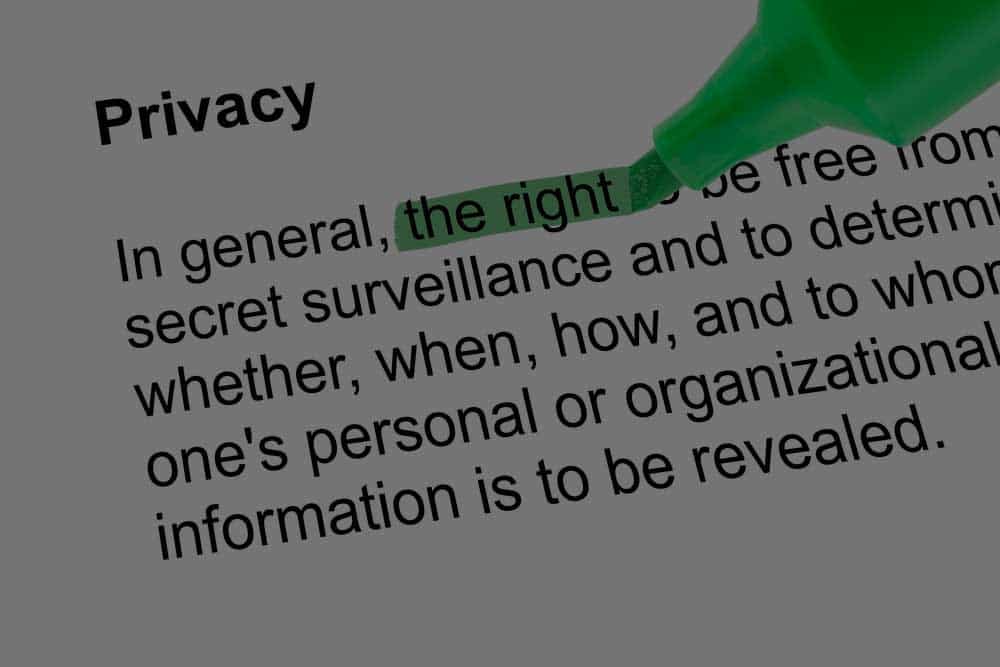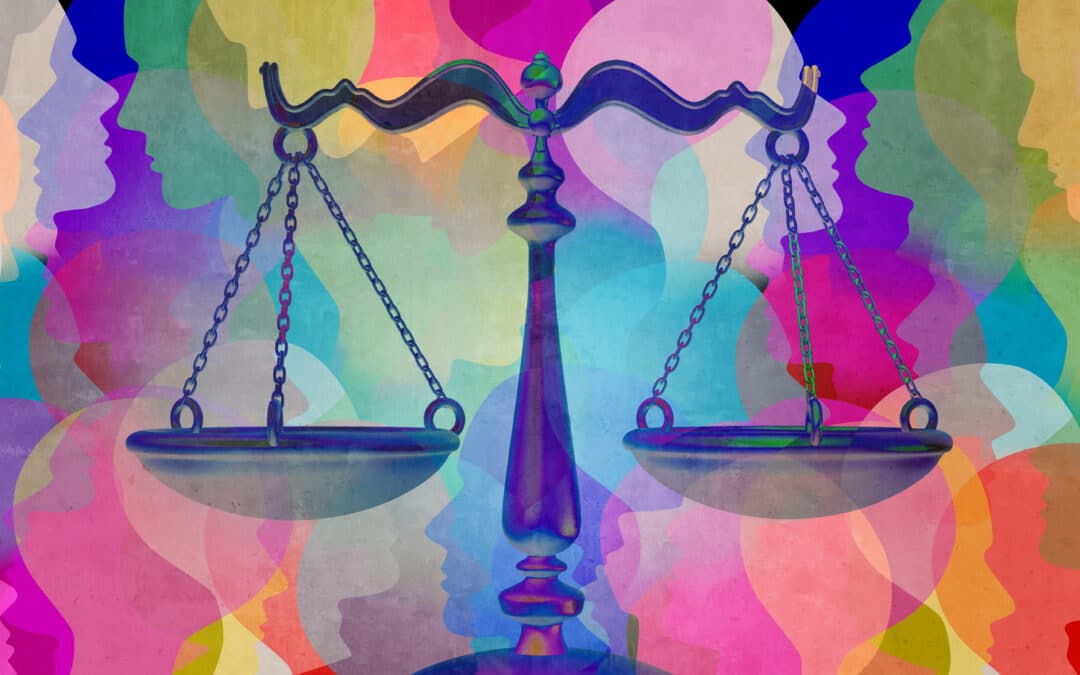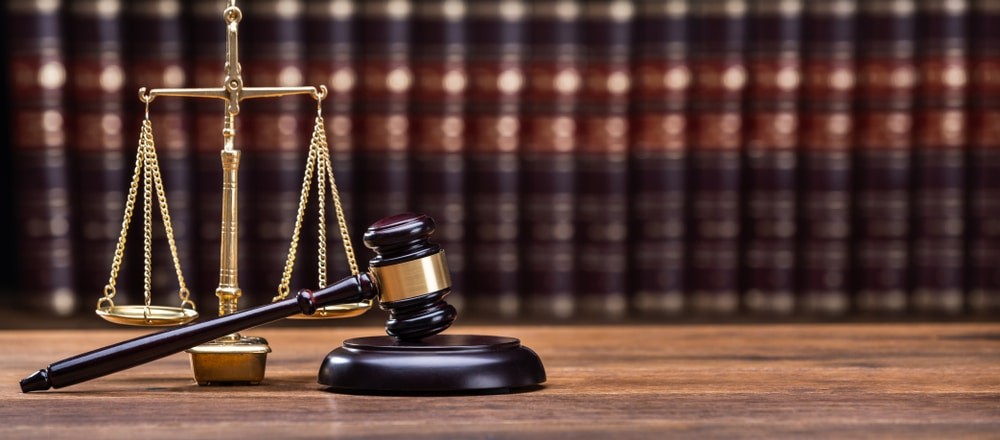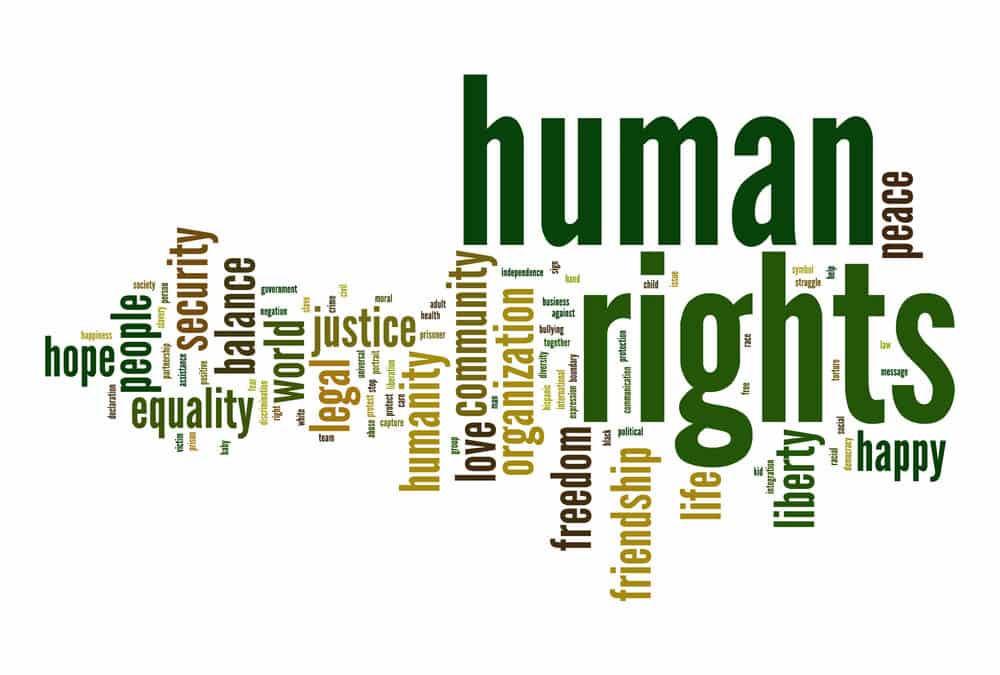
The Right to Privacy
The Universal Declaration of Human Rights (UDHR) contains 30 articles each addressing a specific right. This blog post focuses on Article 12, the Right to Privacy.
Article 12 reads as follows:
“Nobody shall be subjected to arbitrary interference with his privacy, family, home or correspondence, nor to attacks upon his honour and reputation. Everyone has the right to the protection of the law against such interference or attacks.”
In any society, citizens must know what is considered acceptable behavior. Laws communicate that. A good justice system ensures laws are followed by everyone. No one, including those in charge, is above the law whether Queen, President or top law enforcement. And if the laws are broken, a working justice system must administer the appropriate correction in a swift manner. This then ensures that justice actions are not taken in an arbitrary manner. The lack of a good justice system
will result in a very insecure society.
One could say that technology and social media are encroaching upon Article 12 of the UDHR today. Do you ever get targeted ads based on items you search for on Google? Could that be an interference with your privacy? Is our email correspondence private? How does digital currency open us up to intrusion of privacy?
If someone arbitrarily invaded my privacy, it would be an injustice and it would drop my sense of security.
Daniel Solove, a George Washington University Professor once said, “Privacy is rarely lost in one fell swoop. It is usually eroded over time, little bits dissolving almost imperceptibly until we finally begin to notice how much is gone.”
How much are we willing to lose?
This right also states that nobody shall be subjected to attacks upon his honour and reputation. If someone commits a crime or behaves badly, he risks destroying his reputation. People should not speak falsely about others in an attempt to destroy their reputation. That is a violation of this human right.
These rights are for honest people.
Pay attention; use your voice and vote to speak out against interference with privacy or arbitrary attacks on a person’s reputation that you observe.
Definitions
from: https://www.merriam-webster.com/dictionary/
Nobody: no person : not anybody
Arbitrary
1 a : existing or coming about seemingly at random or by chance or as a capricious [impulsive]
and unreasonable act of will
b : based on or determined by individual preference or convenience rather than by necessity
or the intrinsic nature of something
2 a : not restrained or limited in the exercise of power : ruling by absolute authority
b : marked by or resulting from the unrestrained and often tyrannical exercise of power
3 law : depending on individual discretion (as of a judge) and not fixed by law
Honour
noun
1 a : good name or public esteem : REPUTATION
b : a showing of usually merited respect : RECOGNITION
transitive verb
1 a : to regard or treat someone with admiration and respect : to regard or treat with honor
b : to give special recognition to : to confer honor on
Interference
1 a : the act or process of interfering [interfere—take part in the concerns of others]
b : something that interferes : OBSTRUCTION
Privacy
1 a : the quality or state of being apart from company or observation : SECLUSION
b : freedom from unauthorized intrusion





